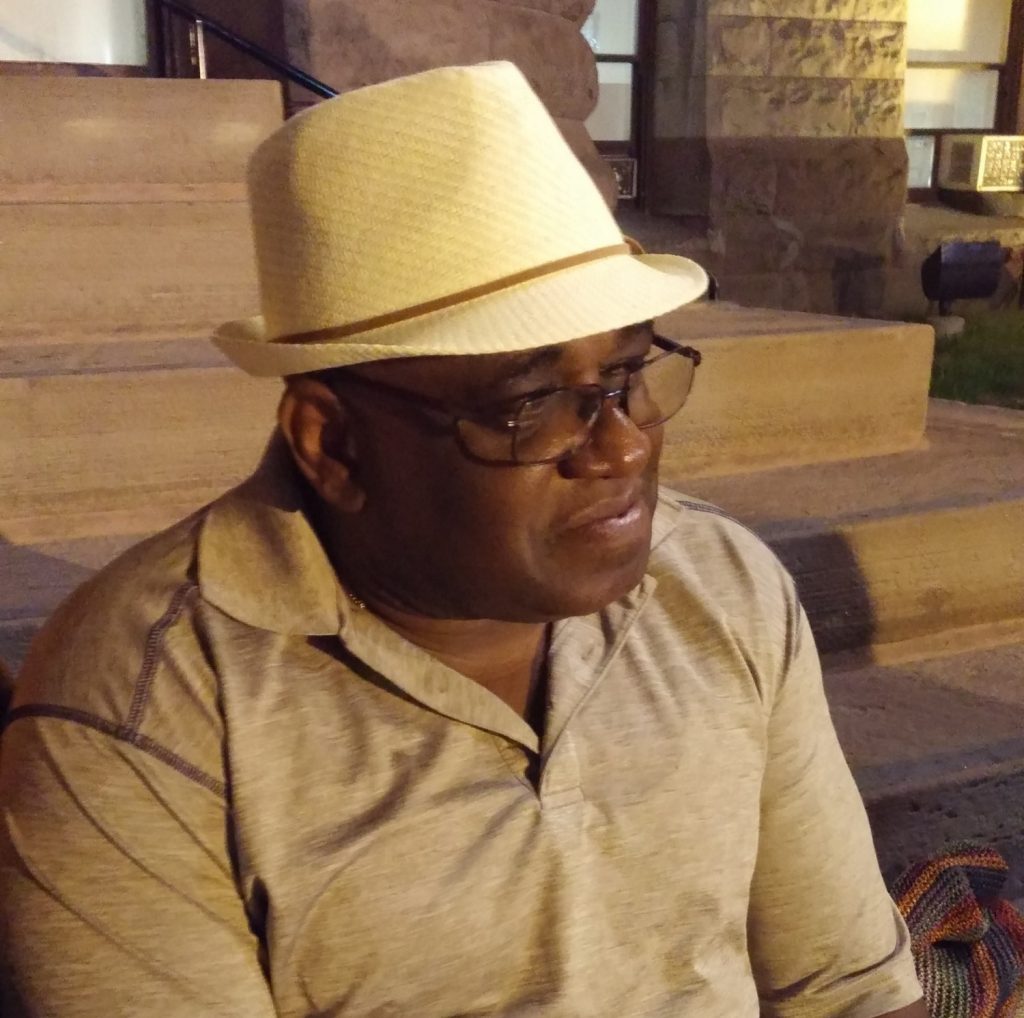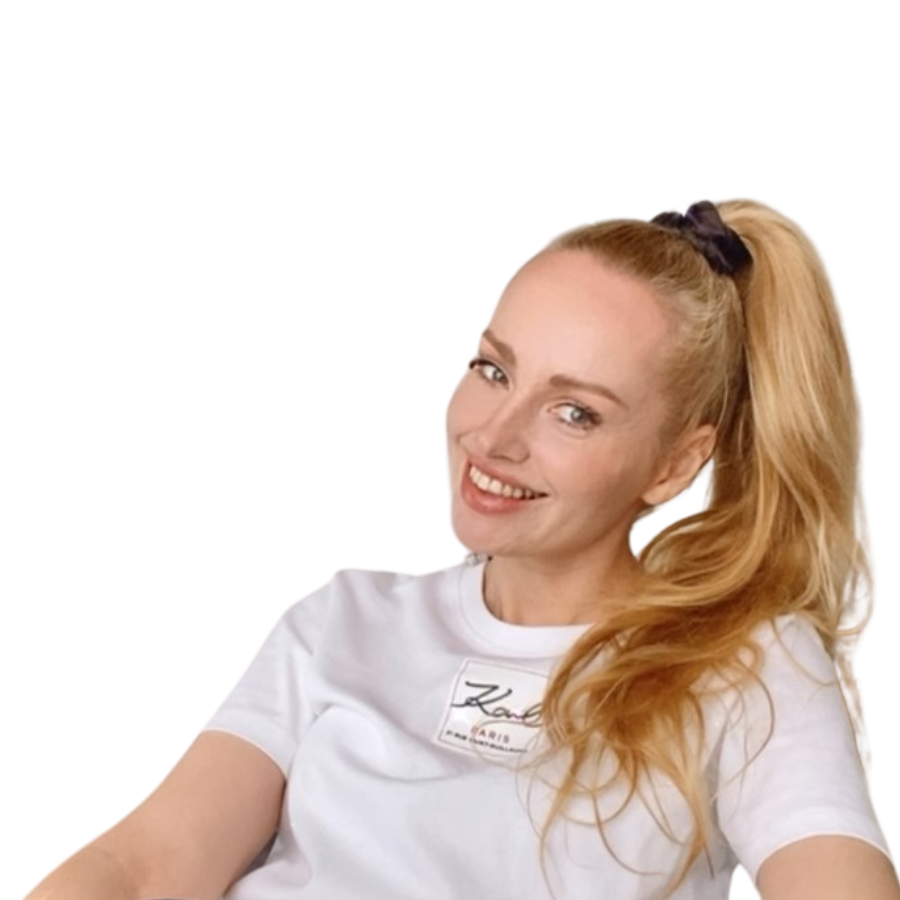By Lucy Slavianska
I love Canada and I want to live here for the rest of my life”, says Marcos Garcia Hernandez, who came to Canada directly from jail after being a political prisoner in Cuba for eight years.
Although he had the choice – and intention – of moving from Canada to another country, something changed his mind and he decided to stay and become a Canadian citizen.
When he was very young, Marcos lived in Cuba where the Communist Party had limited people’s access to information and had isolated them from the rest of the world. Marcos believed in Fidel Castro’s speeches and the ideology of the Party. However, his faith was shaken when he became a sailor and started traveling around the world, and his horizon widened.
The young sailor started to openly express his new beliefs and denounce the country’s social and political situation. However, the authorities soon heard about Marcos’s behavior, and he was arrested. Accusing Marcos of sabotage and spreading American propaganda, the prosecutor suggested a 34-year prison sentence. “Thirty-four years as a political prisoner in a Cuban jail is equal to capital punishment,” Marcos says. While in jail, his morale fell as he was only allowed to have family visits once or twice a year. His family felt the effects of his incarceration too.
After eight years of imprisonment, Marcos was one of the 19 prisoners freed and released to Canada following Pope John Paul II’s calls for clemency for prisoners of conscience during a historic trip to Cuba in January 1998. Cuba agreed to release the prisoners on the condition they leave the communist-ruled Caribbean island.
On a Tuesday morning in April 1998, Marcos finally had his first taste of freedom, but far away from his home country. Accompanied by other political prisoners, he arrived in Toronto and started a relationship with the Mennonite New Life Centre – the agency selected to assist the group in getting settled in the city – and it’s a friendship that has lasted to this day.
After Marcos arrived in Canada, he could decide to move anywhere – and he had many options available to him. “My case had become known in the political world,” Marcos said, “and I received invitations from heads of several countries, even from Bill Clinton. So, when I arrived in Canada, I didn’t think I would stay here.” However, Marcos soon changed his mind.
“One morning I was walking in the streets and I saw some five-, six- and seven-year-old children going to school – unattended by their parents! I have traveled to so many countries and everywhere parents bring their children to school. And I said to myself, ‘Canada is so safe and peaceful and free – it is a great place to live!’ That was the moment I decided to stay. I never regretted this decision. Maybe nowadays the situation in Canada is a little different from what it was – I know that there are problems – but these problems are small compared to the issues in other countries I have visited. I follow the news and I still think that Canada is the best place to live.”
I was born in Cuba, but I am Canadian now,” Marcos says. “I am proud and grateful to Canada for accepting me and allowing me to live like a Canadian.”







